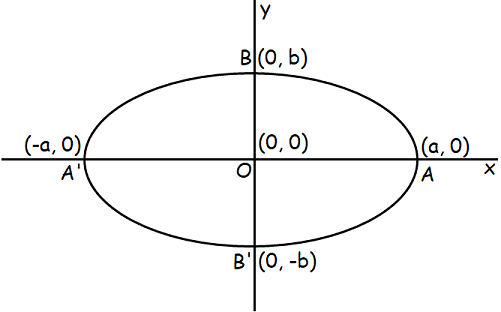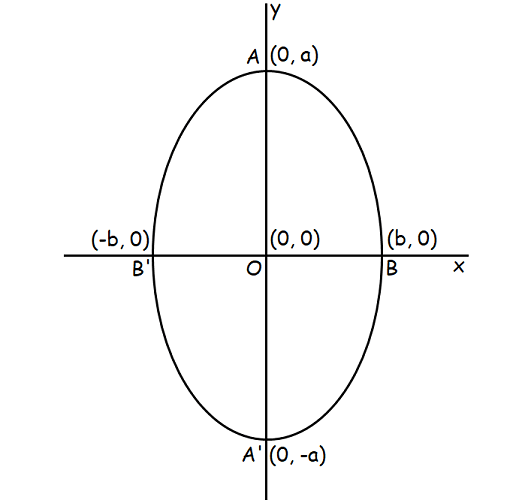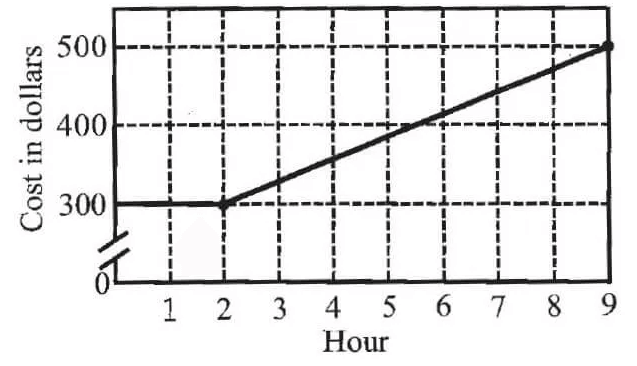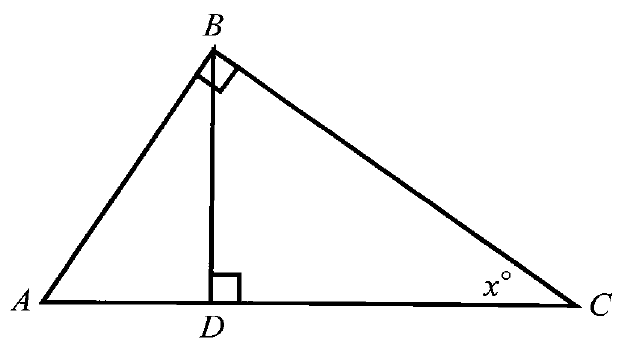MAJOR AXIS AND MINOR AXIS OF ELLIPSE
Standard equation of an ellipse (symmetric about x-axis) :
Here, the center of the ellipse is (h, k).
When the center of the ellipse is origin (0, 0), then the above equation becomes as shown below.
Here a > b.

Major Axis :
The line segment AA′ is called the major axis and the length of the major axis is 2a. The equation of the major axis is y = 0.
Minor Axis :
The line segment BB′ is called the minor axis and the length of minor axis is 2b. Equation of the minor axis is x = 0.
Standard equation of an ellipse (symmetric about y-axis) :
Here, the center of the ellipse is (h, k).
When the center of the ellipse is origin (0, 0), then the above equation becomes as shown below.
Here a > b.

Length of the major axis = AA' = 2a.
Equation of the major axis is x = 0.
Length of the minor axis = BB' = 2b.
Equation of the minor axis is y = 0.
Note that the length of major axis is always greater than minor axis.
Find the equations and lengths of major and minor axes of the following ellipses.
Example 1 :
Solution :
The major axis is along x-axis and the minor axis is along y-axis.
Equation of major axis : y = 0.
Equation of minor axis : x = 0.
a2 = 9 ----> a = 3
b2 = 4 ----> b = 2
Length of major axis :
= 2a
= 2(3)
= 6
Length of minor axis :
= 2b
= 2(2)
= 4
Example 2 :
4x2 + 3y2 = 12
Solution :
4x2 + 3y2 = 12
Divide both sides by 12.
The major axis is along y-axis and the minor axis is along x-axis.
Equation of major axis : x = 0.
Equation of minor axis : y = 0.
a2 = 4 ----> a = 2
b2 = 3 ----> b = √3
Length of major axis :
= 2a
= 2(2)
= 4
Length of minor axis :
= 2b
= 2√3
Example 3 :
6x2 + 9y2 + 12x - 36y - 12 = 0
Solution :
The given equation of ellipse is not in standard form. Convert it to standard form.
6x2 + 9y2 + 12x - 36y - 12 = 0
6x2 + 12x + 9y2 - 36y - 12 = 0
6(x2 + 2x) + 9(y2 - 4y) - 12 = 0
6[x2 + 2x(1) + 12 - 12] + 9[y2 - 2y(2) + 22 - 22] - 12 = 0
6[(x + 1)2 - 1] + 9[(y - 2)2 - 4] - 12 = 0
6(x + 1)2 - 6 + 9(y - 2)2 - 36 - 12 = 0
6(x + 1)2 + 9(y - 2)2 - 54 = 0
6(x + 1)2 + 9(y - 2)2 = 54
Divide both sides by 54.
Let X = x - 1 and Y = y - 2.
Clearly the major axis is along X-axis and the minor axis is along Y-axis.
Equation of the major axis :
Y = 0
y - 2 = 0
y = 2
Equation of the minor axis :
X = 0
x + 1 = 0
x = -1
Here,
a2 = 9 ----> a = 3
b2 = 6 ----> b = √6
Length of major axis :
= 2a
= 2(3)
= 6
Length of minor axis :
= 2b
= 2√6
Example 4 :
36x2 - 72x + 4y2 + 32y - 44 = 0
Solution :
The given equation of ellipse is not in standard form. Convert it to standard form.
36x2 - 72x + 4y2 + 32y - 44 = 0
36(x2 - 2x) + 4(y2 + 8y) - 44 = 0
36[x2 - 2x(1) + 12 - 12] + 4[y2+ 2y(4) + 42 - 42] - 44 = 0
36[(x - 1)2- 1] + 4[(y + 4)2- 16] - 44 = 0
36(x - 1)2 - 36 + 4(y + 4)2 - 64 - 44 = 0
36(x - 1)2+ 4(y + 4)2 - 144 = 0
36(x - 1)2+ 4(y + 4)2 = 144
Divide both sides by 144.
Let X = x - 1 and Y = y + 4.
Clearly the major axis is along Y-axis and the minor axis is along X-axis.
Equation of the major axis :
X = 0
x - 1 = 0
x = 1
Equation of the minor axis :
Y = 0
y + 4 = 0
y = -4
Here,
a2 = 36 ----> a = 6
b2 = 4 ----> b = 2
Length of major axis :
= 2a
= 2(6)
= 12
Length of minor axis :
= 2b
= 2(2)
= 4
Kindly mail your feedback to v4formath@gmail.com
We always appreciate your feedback.
©All rights reserved. onlinemath4all.com
Recent Articles
-
Logarithmic Derivative Problems and Solutions
Apr 16, 25 09:25 PM
Logarithmic Derivative Problems and Solutions -
Digital SAT Math Problems and Solutions (Part - 145)
Apr 16, 25 12:35 PM
Digital SAT Math Problems and Solutions (Part - 145) -
Digital SAT Math Problems and Solutions (Part - 144)
Apr 14, 25 07:27 PM
Digital SAT Math Problems and Solutions (Part - 144)

